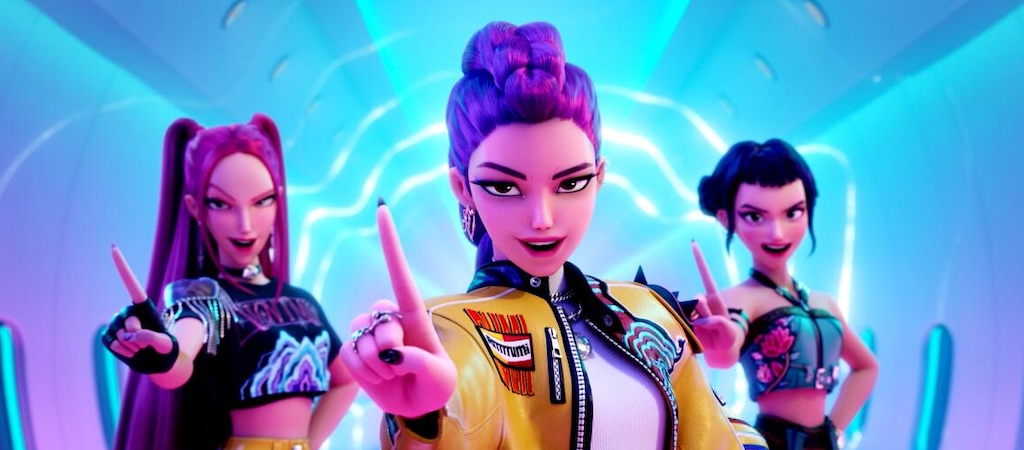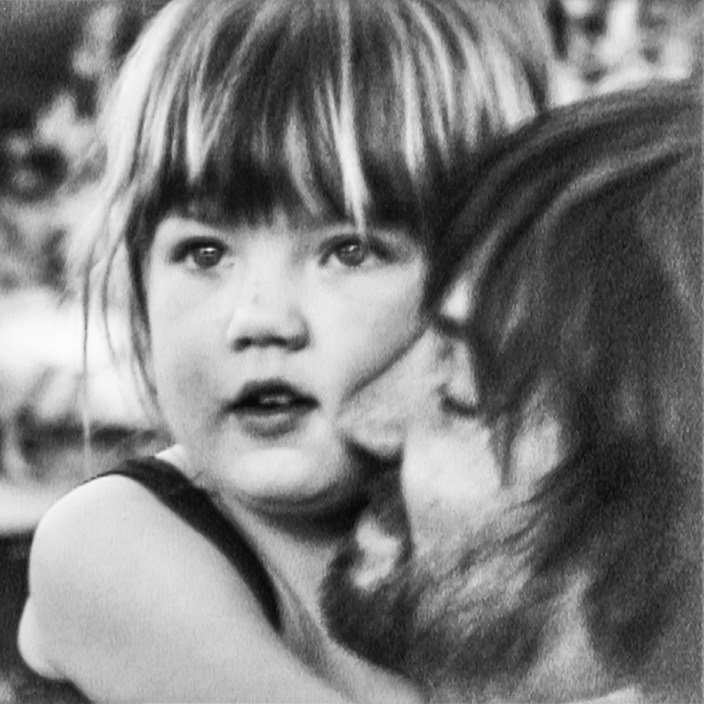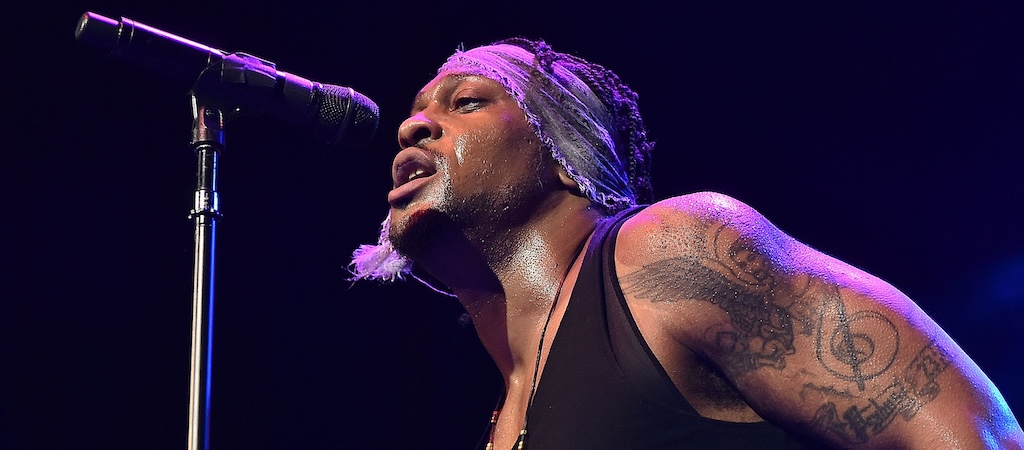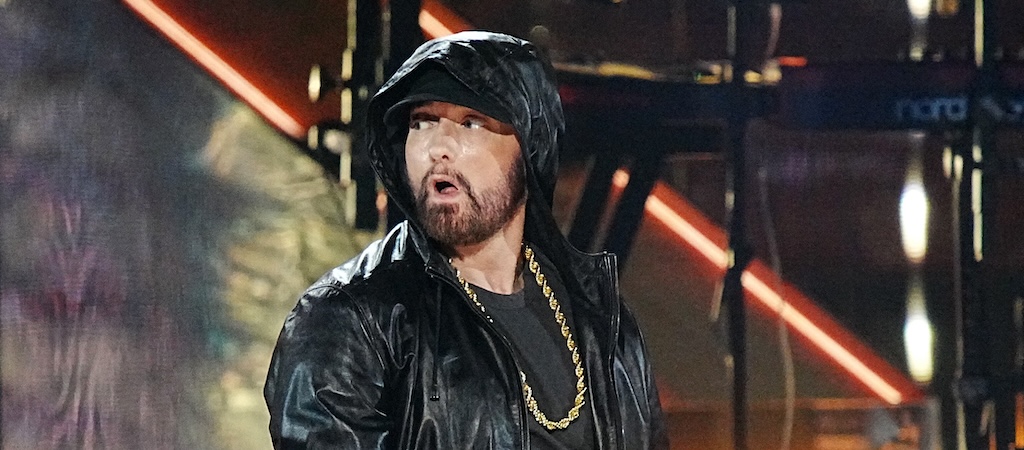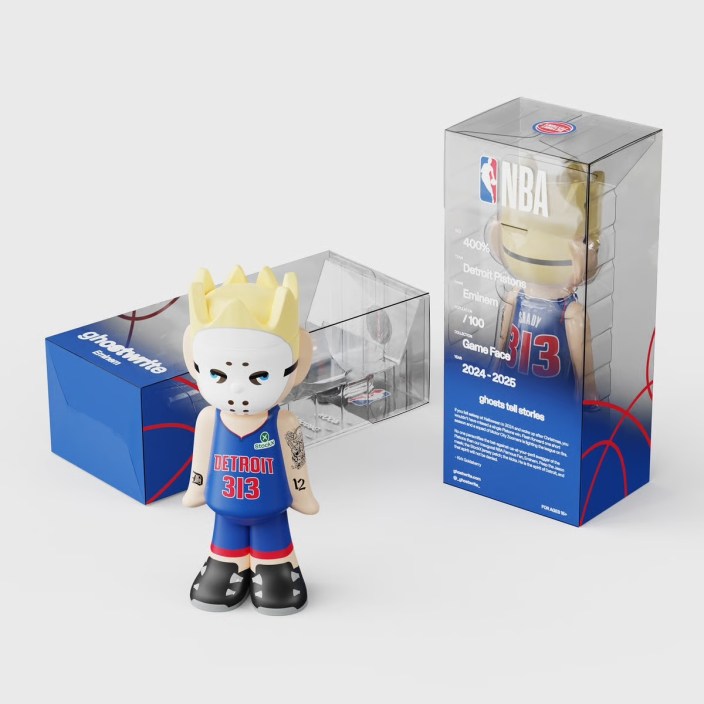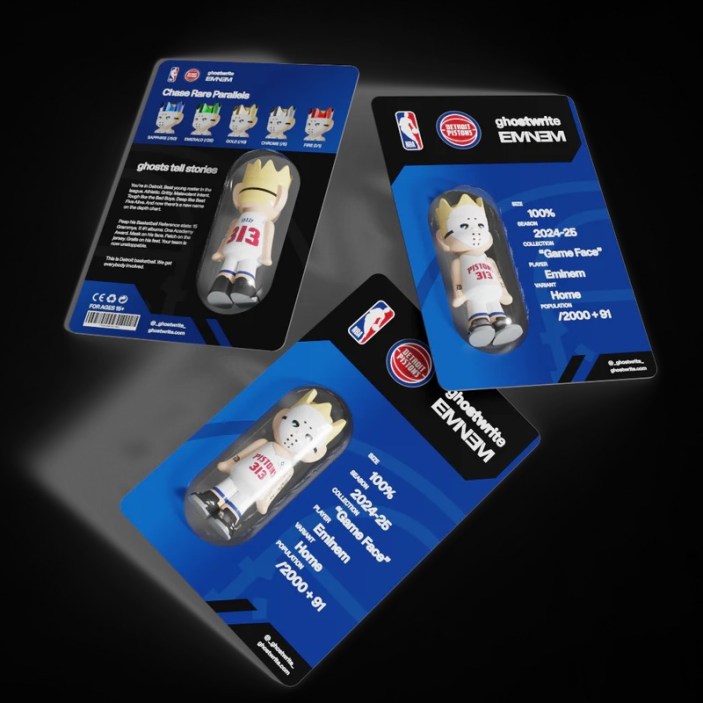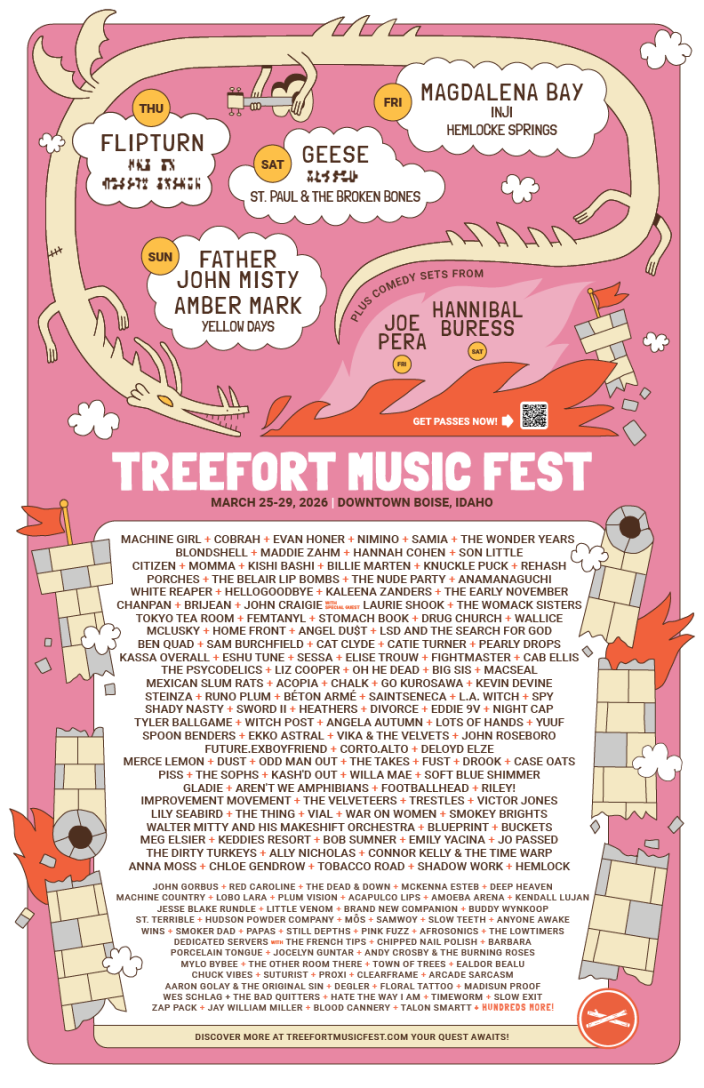Okay, finally, I get to write about Skrilla. If you don’t know who Skrilla is… I bet you actually do. At least, you know what he’s most famous for. Especially if you have kids (those who did are making the Wee Bey face right now, as they realize why their kids have been doing THE THING for the past six months).
Skrilla teams up with Lil Yachty — who, like his mentor Drake, always seems on the cutting edge of musical trends in rap — for his latest video, “Rich Sinners.” The video is fairly straightforward; filmed outdoors at the local basketball court and in the housing project hallways, with the whole hood behind him. You’ve seen this kind of video from rising rap stars before. You’ve probably heard similar flows before: slurry, slightly behind the beat, coolly conversational, making cynical observations and blunted boasts about their circumstances and the things they’re willing to do to escape them.
So, why is Skrilla such a big deal? I’ve got two words for you…. actually, two numbers.
Six. Seven.
That’s right; the inexplicable middle school trend you’ve probably been unable to escape online or in real life (I went to a Clippers preseason game, and I swear, every time a preteen boy appeared on the Halo Jumbotron, they were doing the bit) was started by a druggy, rising rapper from Philadelphia.
Skrilla, who blends drill rap styles with that off-kilter Detroit delivery, has been signed to Priority Records since 2023, releasing a pair of retail mixtapes in 2024. But this year, his loose single, “Doot Doot,” took off after a snippet released to TikTok became the “6, 7” soundbite beloved by 11-year-olds across the world. While Skrilla himself never explained the ad-lib, fans online speculated it was connected to 67th Street in his native Philly, or otherwise connected with geography.
However, on TikTok, it took off in videos referencing the height of NBA star LaMelo Ball, who is, in fact, six feet and seven inches tall. As videos using the clip proliferated, the “6,7” callout became a shibboleth of sorts, with Gen Alpha grasping any opportunity to reference back to it. Clearly, it’s helping Skrilla a ton, as he likely hopes a Lil Yachty co-sign will do as well. Don’t be surprised if he ends up being next year’s BossMan Dlow, blowing up behind a meme and carrying that momentum all the way to rap superstardom.
Watch Skrilla’s “Rich Sinners” video featuring Lil Yachty above.

